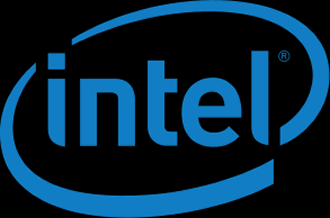 Researchers at Microsoft think they have found the secret of when someone is accidently introducing a bug into the software they are developing.
Researchers at Microsoft think they have found the secret of when someone is accidently introducing a bug into the software they are developing.
Microsoft researcher Andrew Begel said that instead of trying to go through a developers rubbish code looking for bugs it is possible to tell by looking into the developers eyes.
He hit on the idea of measuring the attributes of the developers themselves to see what cognitive or emotional issues lead to buggy code or lowered productivity.
This would enable employers to intervene and stop them from causing developers to make mistakes in the first place.
Begel has carried out tests using psycho-physiological sensors to measure developers’ reactions to tasks. He used eye-tracking technology, electrodermal-activity sensors (which measure changes in the skin’s ability to conduct electricity), and electroencephalogram sensors (which evaluate electrical activity in the brain).
Using this data, Begel was able to predict the difficulty of a task for a new developer with a precision of nearly 65 per cent. For new tasks the precision was even greater – almost 85 per cent.
Begel suggests that reducing the contrast on the display and making the fonts harder to read would force the developer to apply more brainpower to read and understand the code.
He added that Begel’s system makes no distinction between critical mistakes and minor mistakes, inevitably leading to unnecessary delays.
“I’m pretty sure that the industry could take pieces of the research that would help us understand better why mistakes are happening and when, and therefore how to try and avoid that,” said Shulman.


















